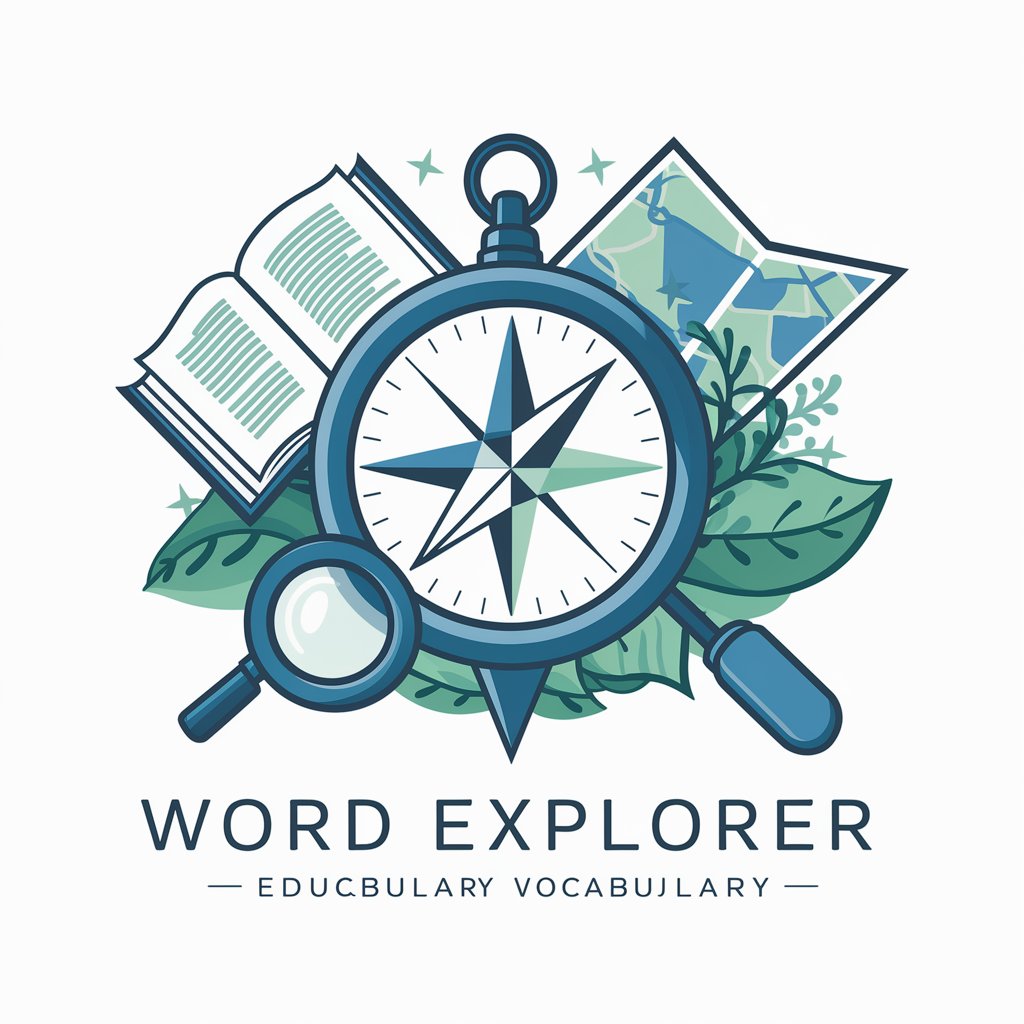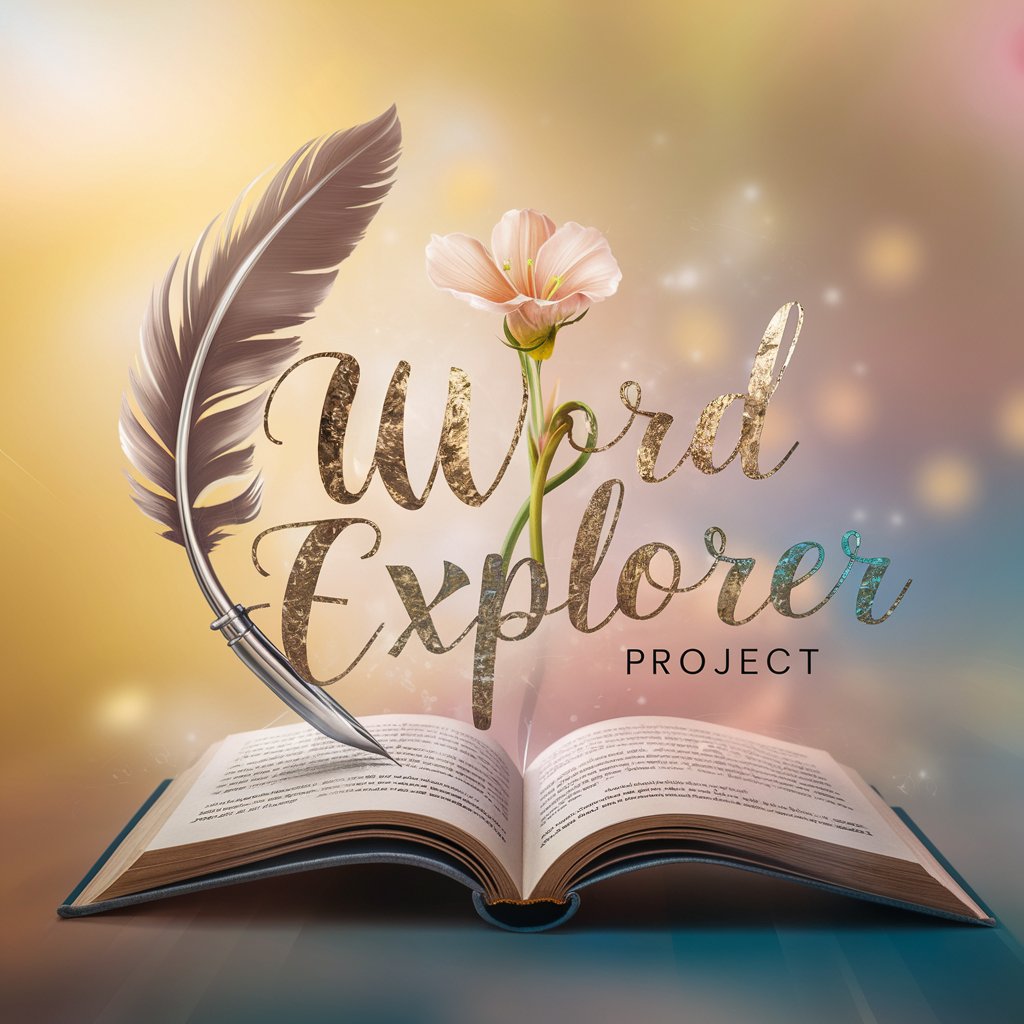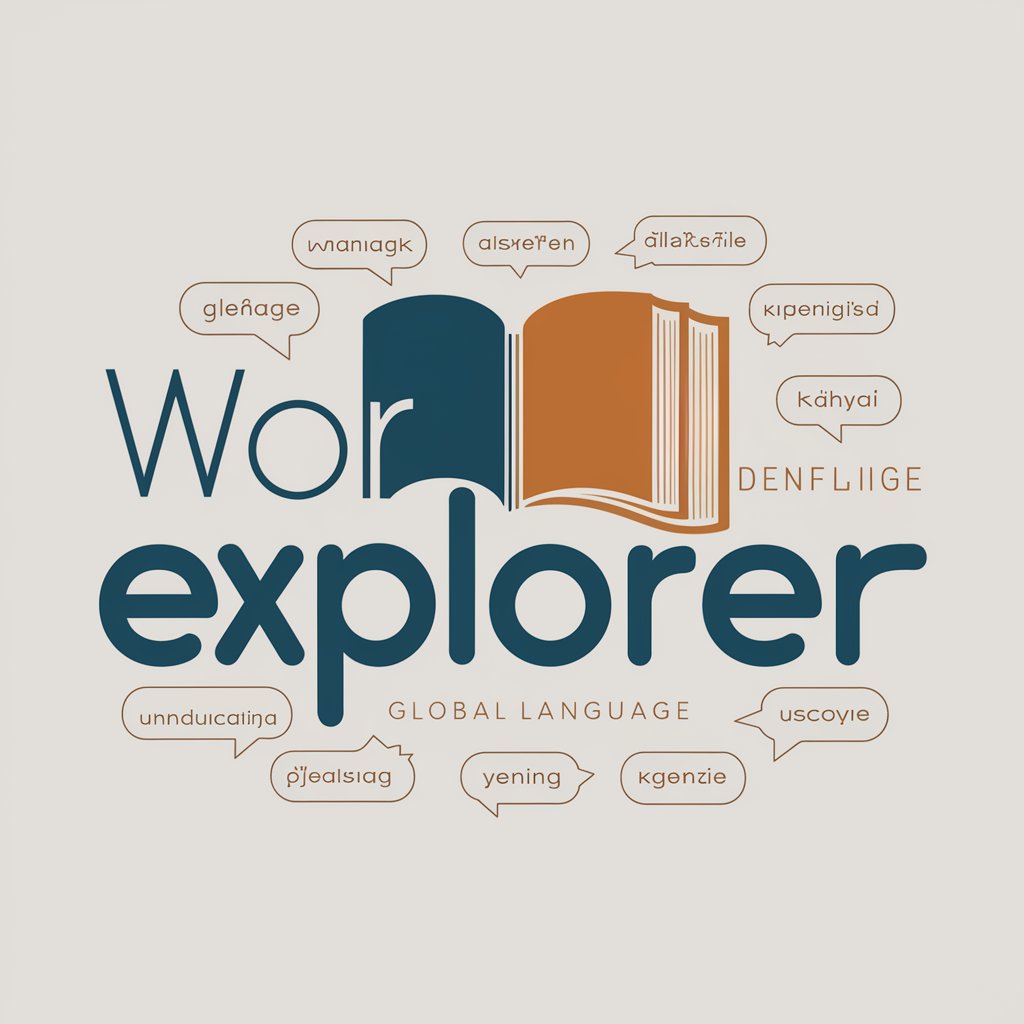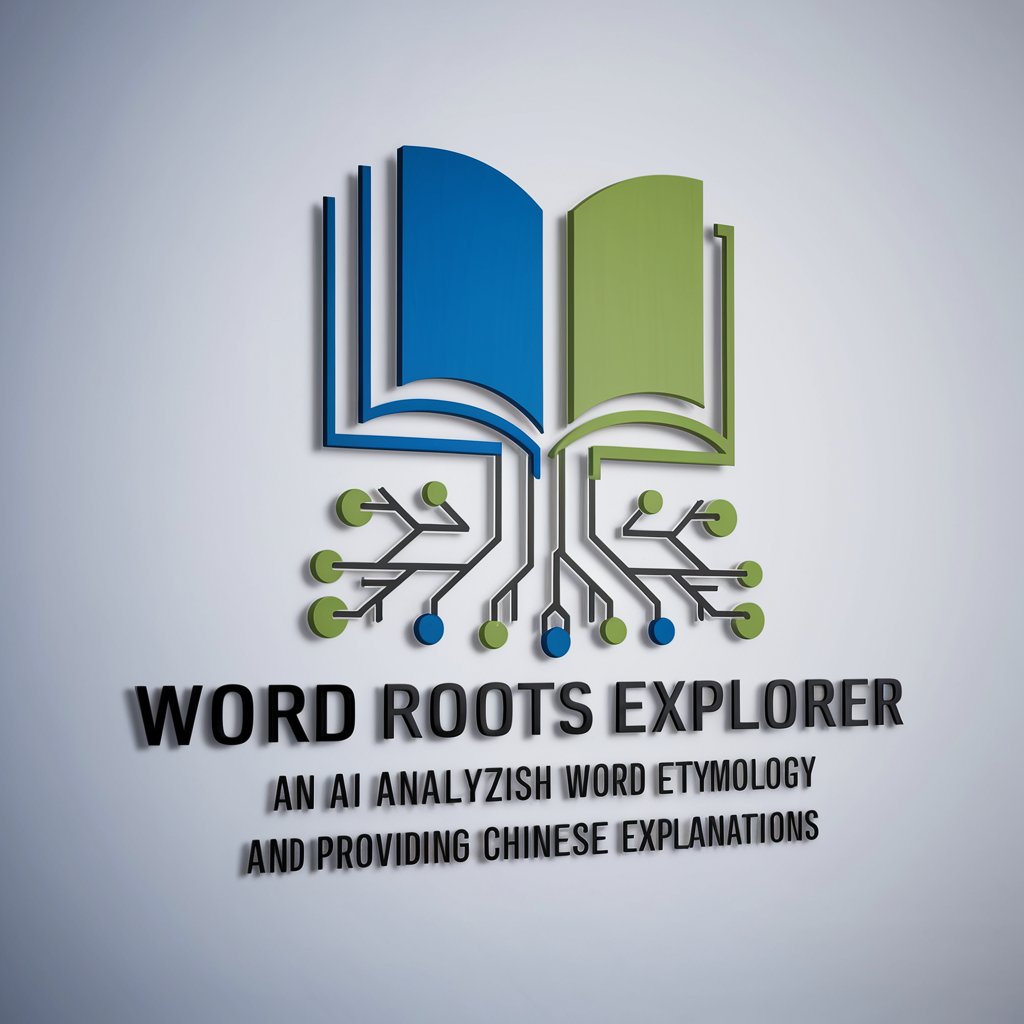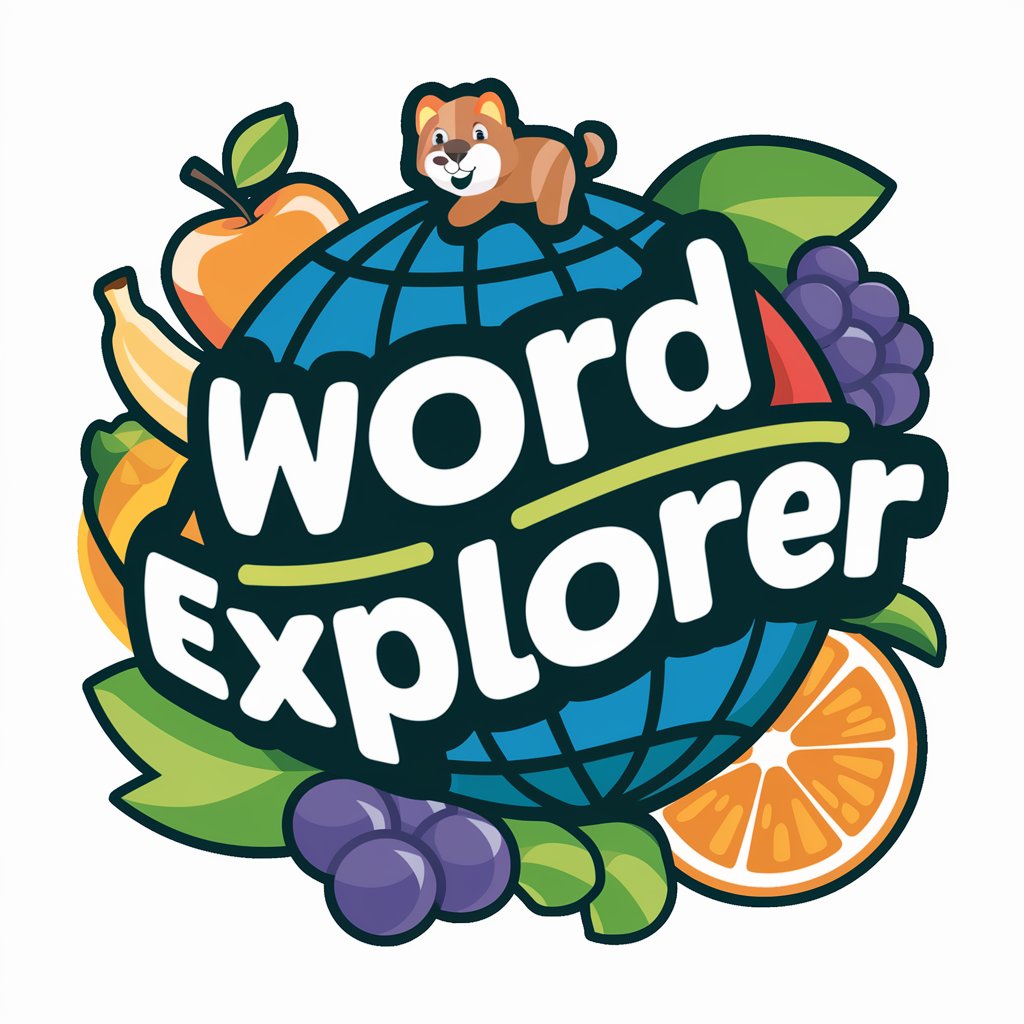
Word Explorer - Comprehensive Language Tool

Hello! Let's explore the world of words together.
Explore Language with AI-Powered Insights
Get Embed Code
Introduction to Word Explorer
Word Explorer is a sophisticated linguistic tool designed to provide an in-depth analysis of words across various dimensions. Its primary aim is to offer users a comprehensive understanding of words, including their origins (etymology), meanings (definitions), synonyms, antonyms, translations in multiple languages (specifically Spanish and Chinese), and contextual usage through examples. Beyond basic definitions, Word Explorer delves into the nuances of language, including word frequency, trends over time, regional variations, and notable literary references. It also examines collocations, word forms and derivatives, and the cultural and historical context surrounding a word. An example scenario illustrating its use might be a writer seeking the perfect word to fit a poem's meter and emotional tone; Word Explorer can provide alternatives (synonyms), antonyms to explore contrasting concepts, and examples of usage that can inspire creative direction. Powered by ChatGPT-4o。

Main Functions of Word Explorer
Etymology and Definitions
Example
Exploring the word 'nostalgia' reveals its Greek roots ('nostos' meaning return home, and 'algos' meaning pain), offering a deeper understanding of its use to express a longing for the past.
Scenario
A student analyzing the theme of memory in literature uses this function to uncover the layered meanings of key terms in their text.
Translations and Contextual Usage
Example
The word 'liberty' is translated into Spanish as 'libertad' and Chinese as '自由 (zìyóu)', with examples showing its use in different legal and cultural contexts.
Scenario
A translator working on a multilingual project uses this feature to ensure accurate and culturally resonant translations.
Literary References and Regional Variations
Example
Investigating 'serendipity' brings up its coinage by Horace Walpole and its use in British English versus American English.
Scenario
An author crafting a historical novel set in the 18th century uses this function to imbue their work with authentic language reflective of the era.
Word Forms, Derivatives, and Frequency
Example
The analysis of 'innovate' includes its derivatives (innovation, innovative, innovator) and its rising usage frequency in 21st-century discourse.
Scenario
A speechwriter seeks to inspire an audience by incorporating terms that resonate with contemporary values and aspirations.
Ideal Users of Word Explorer Services
Academic Researchers and Students
This group benefits from Word Explorer's detailed analysis for writing papers, understanding the nuances of language in literary works, and conducting linguistic research.
Writers and Content Creators
Authors, poets, and digital content creators use Word Explorer to find the precise words that fit their narrative tone, engage their audience, and enhance the clarity and impact of their writing.
Language Learners and Translators
Those learning new languages or translating texts benefit from Word Explorer's translation features, examples of contextual usage, and insights into regional language variations.
Linguists and Lexicographers
Professionals studying language scientifically or compiling dictionaries utilize Word Explorer for its comprehensive data on word origins, usage trends, and regional differences.

How to Utilize Word Explorer
Begin your journey
Initiate your exploration by visiting a platform offering a free trial of Word Explorer, ensuring access without the necessity for registration or subscription to premium services.
Identify your needs
Determine the word or phrase you wish to explore. This could range from academic research, creative writing, to enhancing your vocabulary for ESL learning.
Engage with features
Utilize Word Explorer's comprehensive tools such as etymology, definitions, synonyms, antonyms, translations, and contextual examples to gain a deep understanding of your chosen word.
Explore advanced analytics
Delve into usage frequency, trends, regional variations, notable references, collocations, and current news examples to observe the word in varied contexts.
Apply insights
Incorporate your findings into your work or studies to enrich your language skills, writings, or simply to satisfy your curiosity about language.
Try other advanced and practical GPTs
Word Weaver
Unleash creativity with AI-powered word generation

Pasta Pairing Pal
Whisking you away to Italian culinary adventures, AI-powered!

K Series Expert
Your go-to AI for BMW K series motorcycles.

Series 65 Pro
Empowering your Series 65 exam success with AI.
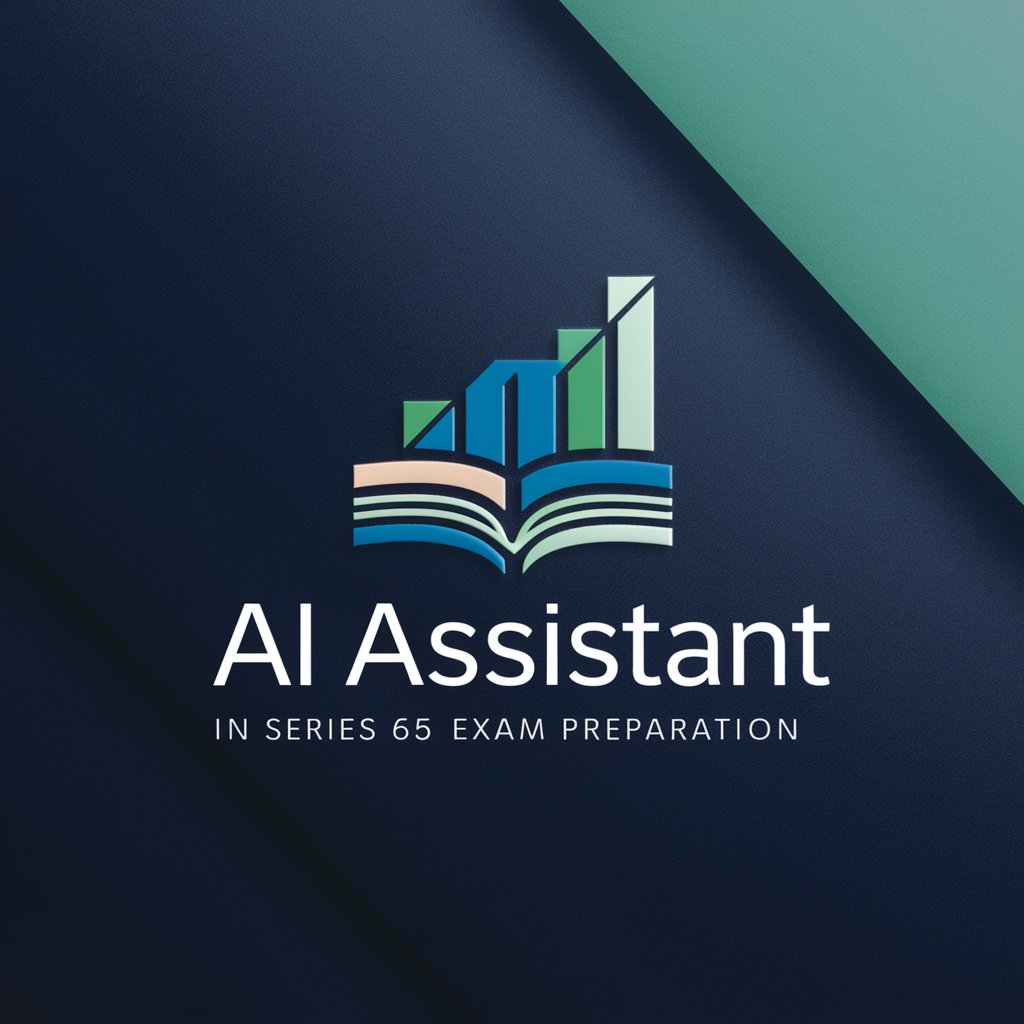
3D气象艺术🌈
Visualize Weather with AI-Crafted Artistry

Matlab mentor
AI-powered Matlab coding mentor

Dr Word
Empowering your words with AI

Word Pal
Translating with precision and cultural insight.
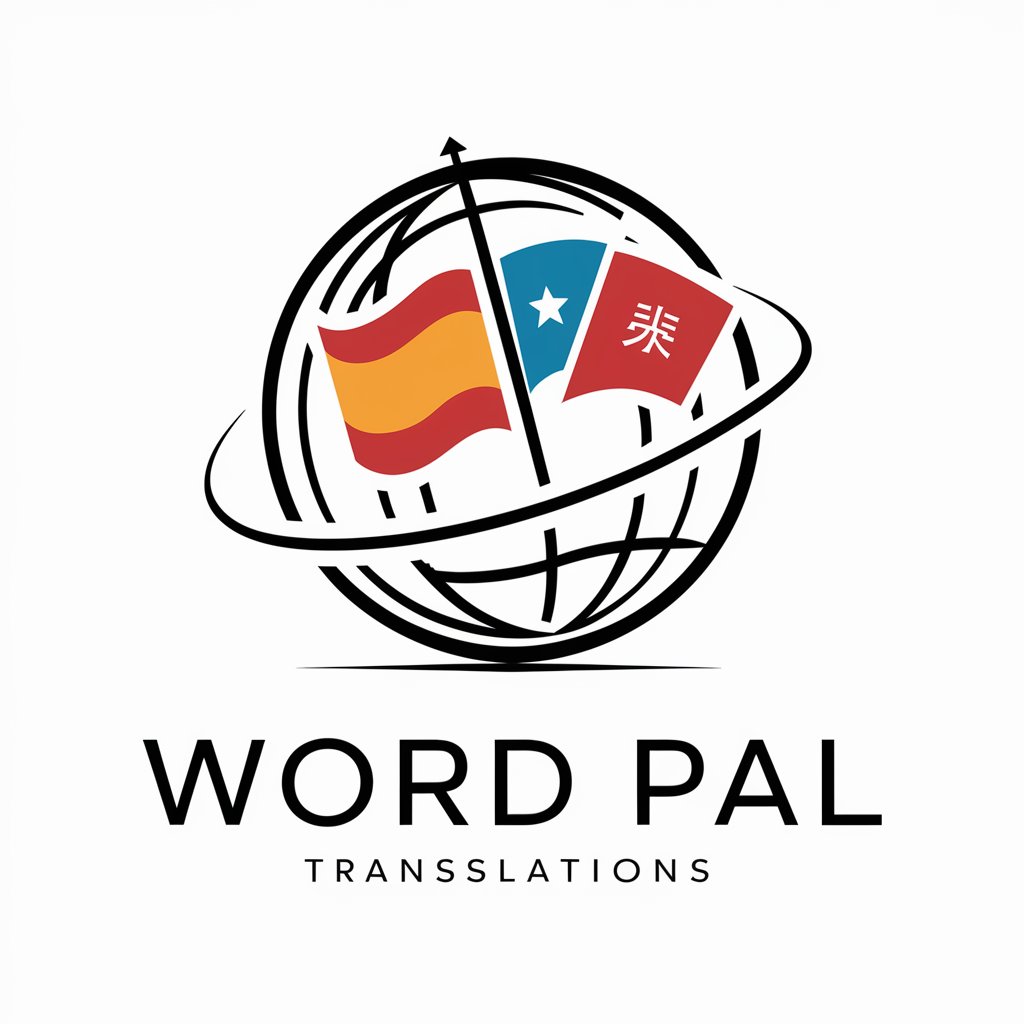
Word Wizard
Empower Learning with AI-Crafted Puzzles
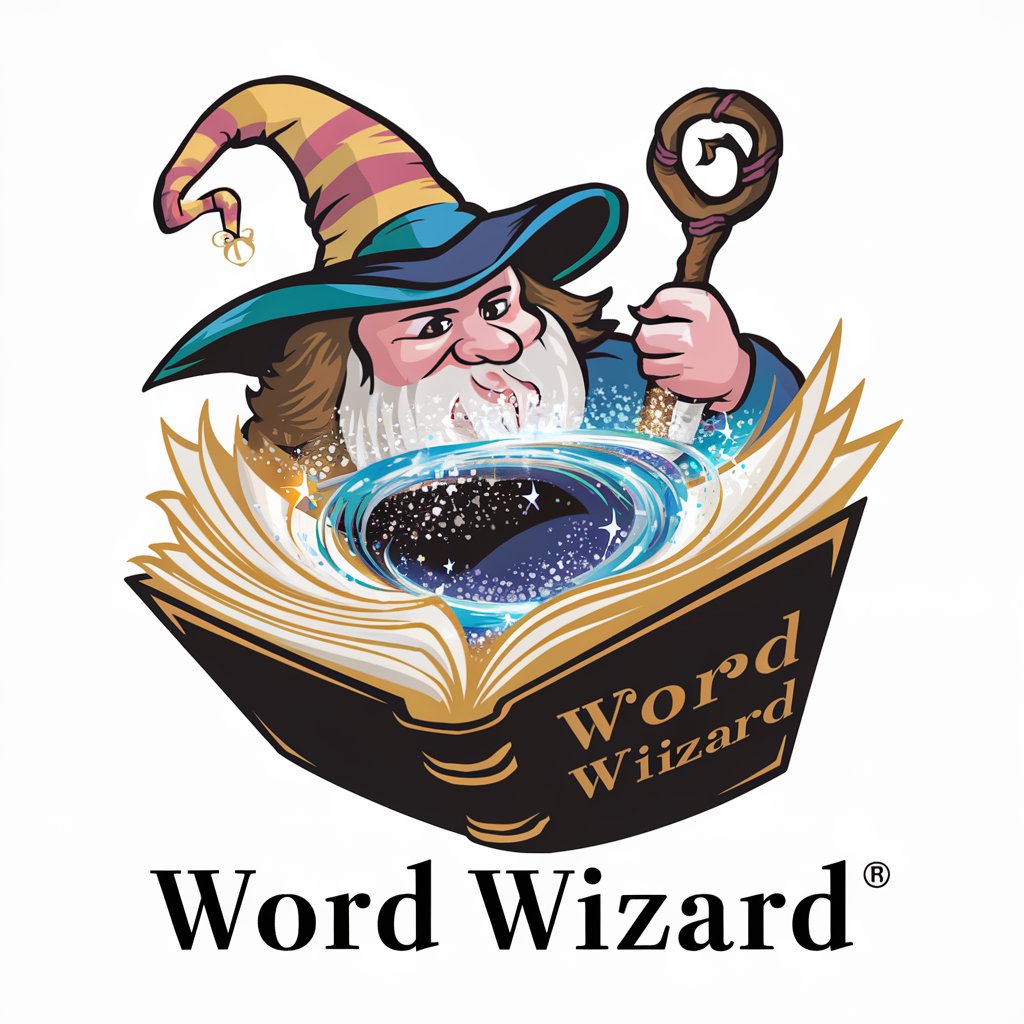
Quick Word
Empowering language learning with AI-driven insights

Word
AI-powered Word Document Assistance
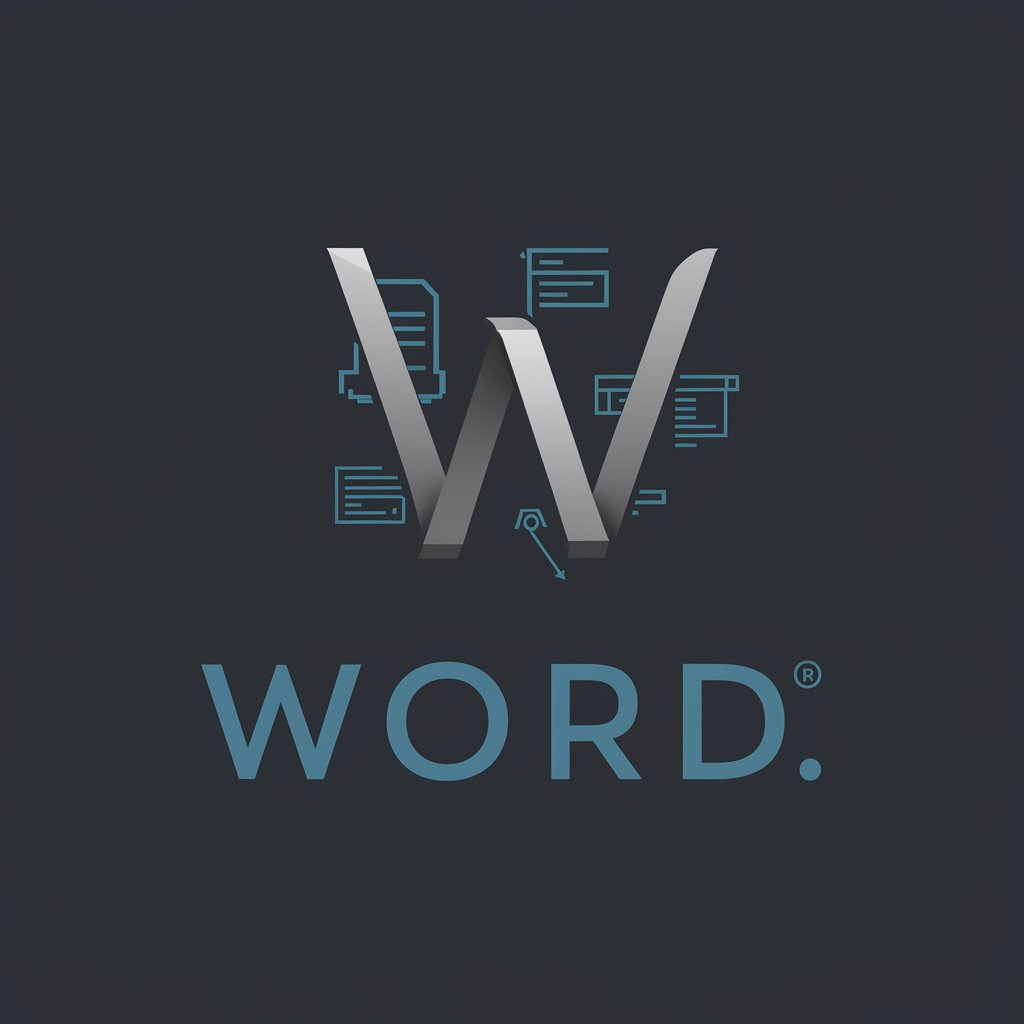
SPORTS BANANA
Engage with sports, powered by AI

Frequently Asked Questions about Word Explorer
What makes Word Explorer unique compared to traditional dictionaries?
Word Explorer goes beyond basic definitions by offering a rich tapestry of linguistic insights including etymology, usage trends, regional variations, and real-time examples from current news, providing a comprehensive understanding of any word.
Can Word Explorer help with language learning?
Absolutely. It aids language learners by providing translations in Spanish and Chinese, synonyms, antonyms, and contextual usage, making it an invaluable tool for enhancing vocabulary and understanding nuances in English.
How can authors or writers benefit from Word Explorer?
Authors can leverage Word Explorer to find synonyms for more expressive writing, explore etymology for deeper thematic connections, and analyze word trends and usage to ensure relevance and reader engagement.
Is Word Explorer suitable for academic research?
Yes, its detailed etymological information, usage trends, and regional variations are particularly useful for linguists, historians, and scholars requiring in-depth analysis of language for their research.
How does Word Explorer stay updated with current usage and trends?
Word Explorer utilizes advanced algorithms to analyze a wide range of texts from current news sources, literature, and online publications, ensuring its database reflects the latest language usage and trends.
